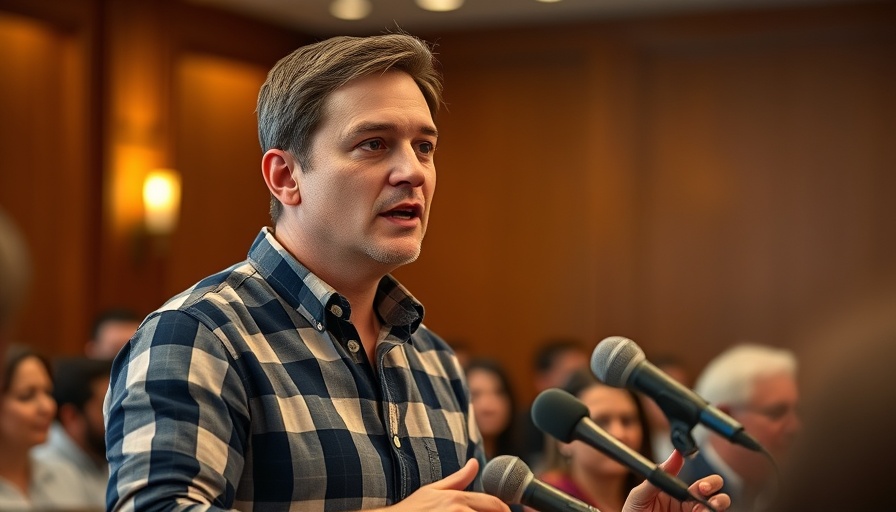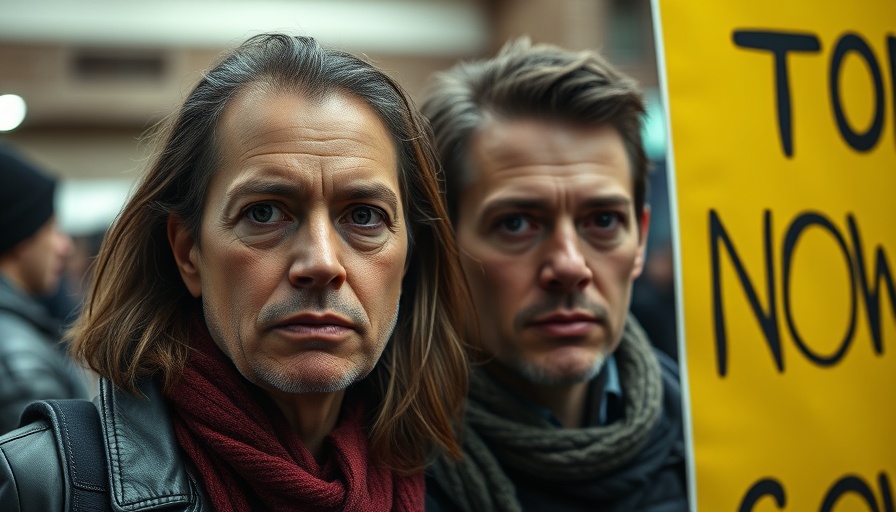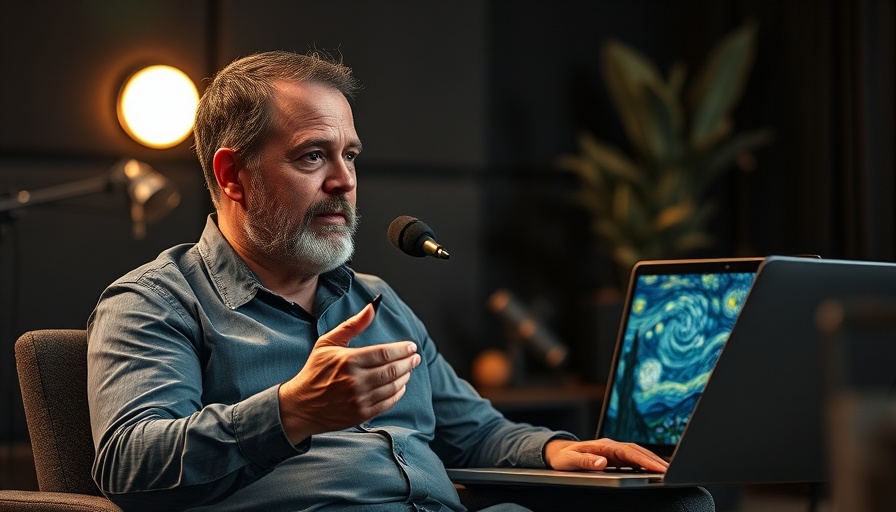
The Lasting Impact of Luther and Calvin’s Theological Journeys
In the rich tapestry of Christian history, few figures loom larger than Martin Luther and John Calvin. These reformers not only reshaped Christian doctrine but also influenced the cultural landscape of Europe and beyond. However, as we delve deeper into their teachings, it’s crucial to recognize that even these giants made significant errors in their theological understandings. Acknowledge this can lead to a more profound and authentic appreciation for their contributions while maintaining a critical mindset toward their works.
In 'Luther and Calvin made mistakes', the discussion dives into the complexities of these reformers' theological journeys, exploring key insights that sparked deeper analysis on our end.
Understanding the Context of Their Mistakes
Both Luther and Calvin emerged during tumultuous times. The Reformation challenged established norms, alongside a biblical return that aimed to purify the Church. Yet, this fervent movement did not guarantee infallibility. For instance, Luther’s stance on the Jewish community has drawn considerable criticism for its harshness. His writings often reflected the prejudices of his time, showcasing a failure to fully embody the love that Christianity preaches.
Similarly, Calvin’s views on predestination have led to extensive debate. While the doctrines of grace hold a place of central importance in Reformed theology, Calvin's rigid interpretation has occasionally overshadowed the broader message of mercy and relational intimacy with God.
Why This Matters Today
In contemporary discussions about faith and theology, acknowledging the mistakes of reformers like Luther and Calvin is vital. It reminds us that even influential figures are subject to human frailty. Their journey invites us to continually engage with scripture critically, fostering a richer, more compassionate understanding of theology that resonates today.
Parallel Examples: Modern Theologians and Missteps
Taking a cue from our historical giants, we can reflect on modern theologians who have successfully synthesized their teachings with a sensitive grasp of contemporary issues. For instance, figures like N.T. Wright have been appreciated and critiqued for various aspects of their work. The key takeaway here is to draw balance from learning about their contributions while also recognizing their limitations.
A Call to Grapple with Theological Complexity
As we explore the mistakes of past theologians, it’s critical to establish a framework for understanding scripture devoid of infallibility. This is especially pertinent for communities wrestling with controversial aspects of human relationships, sexuality, and church governance. Our conversations should encourage humility, acknowledging that while we strive to teach biblical truths, our interpretations can often falter.
Actionable Insights for Engaging Church Communities
For church leaders and families, fostering environments where open discussions about theological complexities are welcomed is crucial. Engaging congregants with church history can provide context for current beliefs and practices. Consider incorporating educational programs that emphasize exploration and provide space for questioning. This approach not only honors the legacy of reformers but also promotes a more personal engagement with the biblical text.
Inspiring Quotes to Reflect On
In navigating the complexities of faith, it can be enriching to ponder quotes from notable theologians that frame our discussion. John Stott once remarked, "The greatest challenge facing the church today is not persecution from the outside, but complacency from within." This serves as an urgent reminder that, just like Luther and Calvin, we too can fall into complacency regarding our understanding of scripture.
Final Thoughts on the Legacy of Luther and Calvin
Ultimately, the discussions around the mistakes of Luther and Calvin should not lead us to dismiss their contributions but rather inspire us to pursue a more nuanced understanding of our faith. Embracing their imperfections encourages believers to engage thoughtfully with modern issues while maintaining a commitment to the truth of scripture.
If you're passionate about developing clear biblical thinking among contemporary issues, consider facilitating study groups focused on these themes, allowing deeper dives into reformers' teachings and relating them to our current cultural context.
 Add Row
Add Row  Add
Add 








Write A Comment